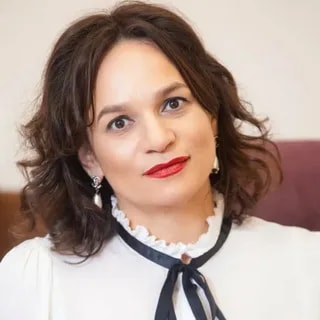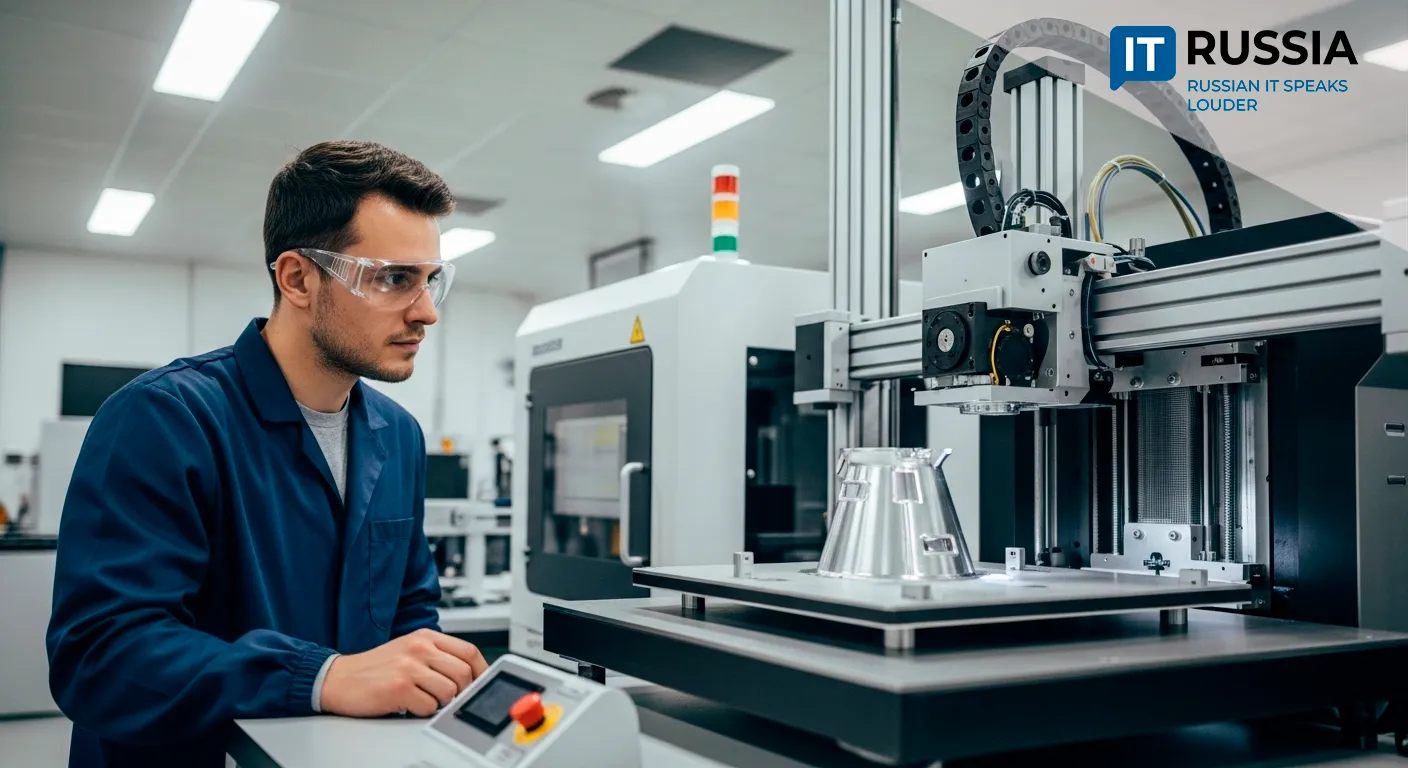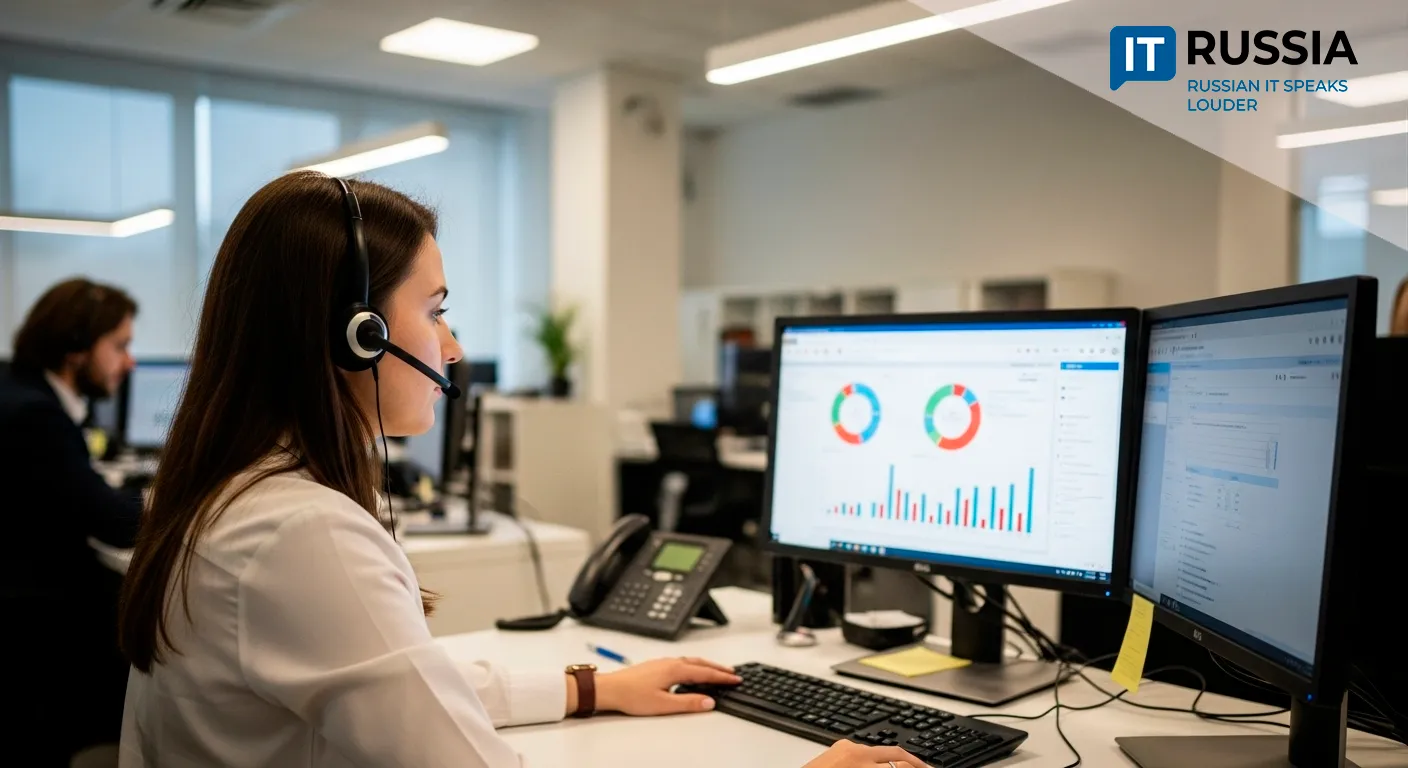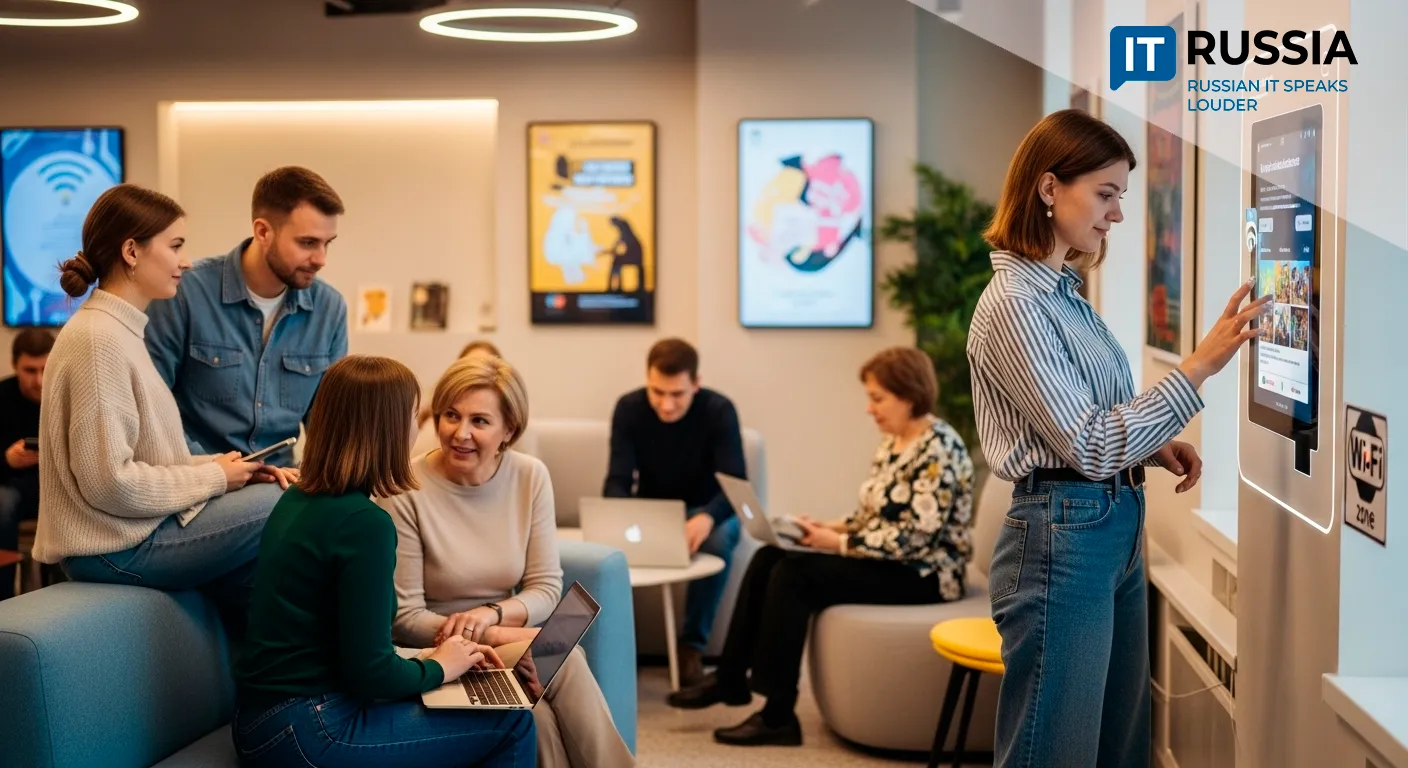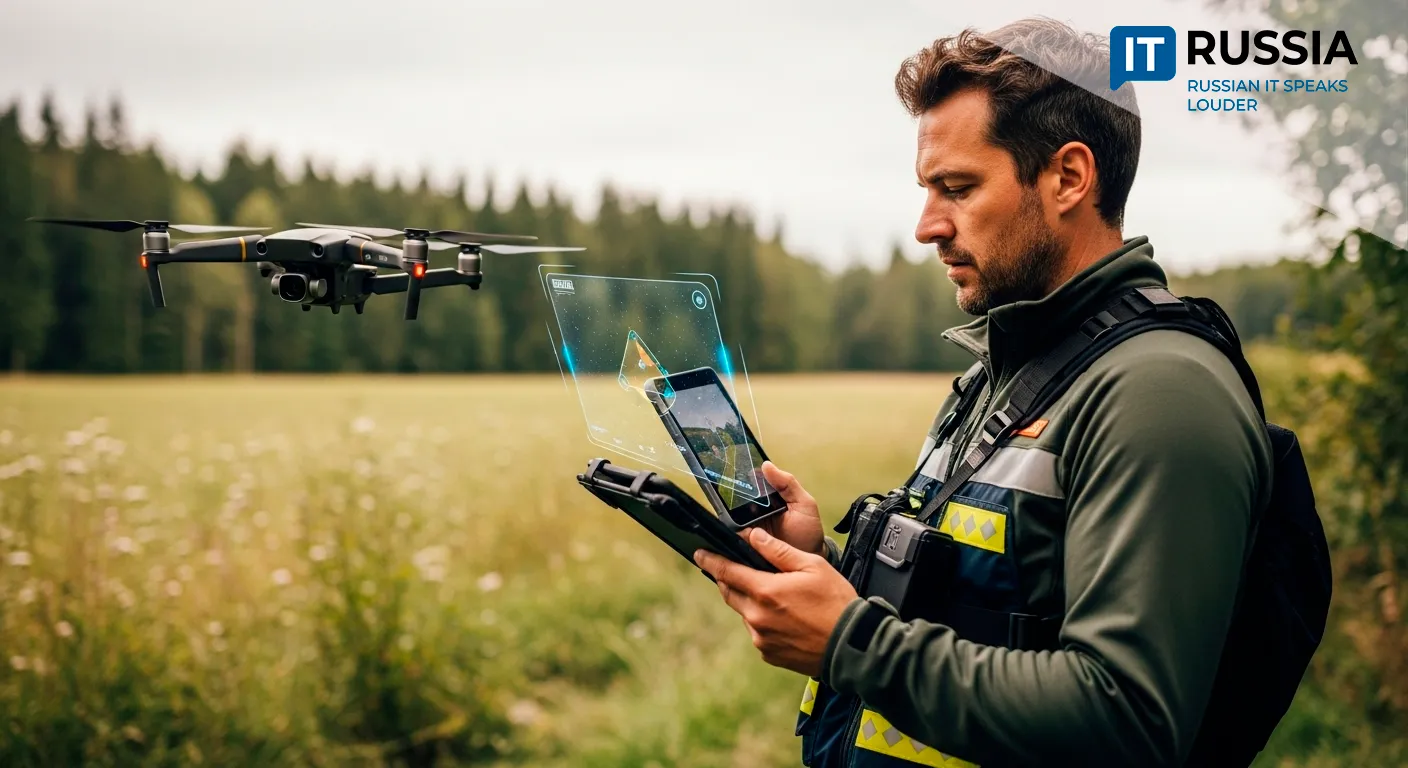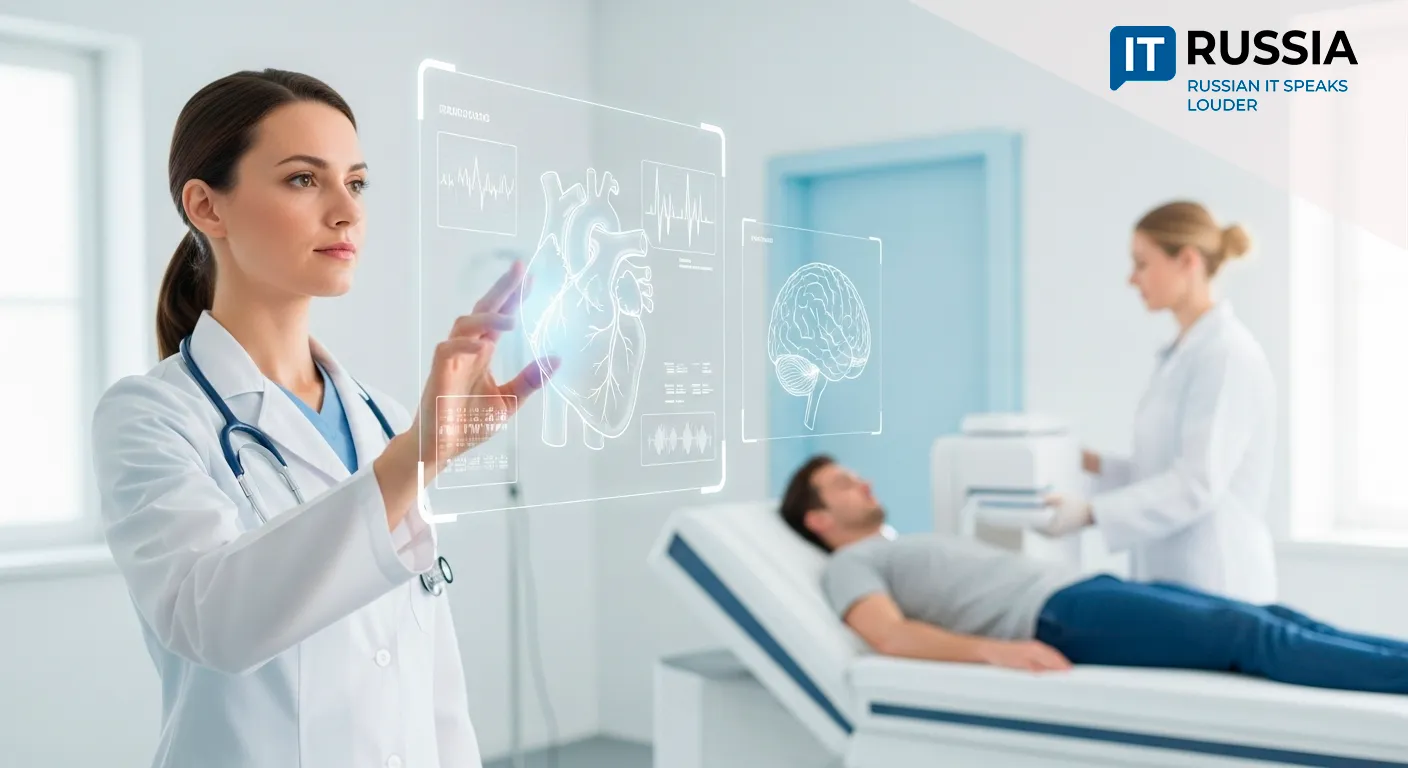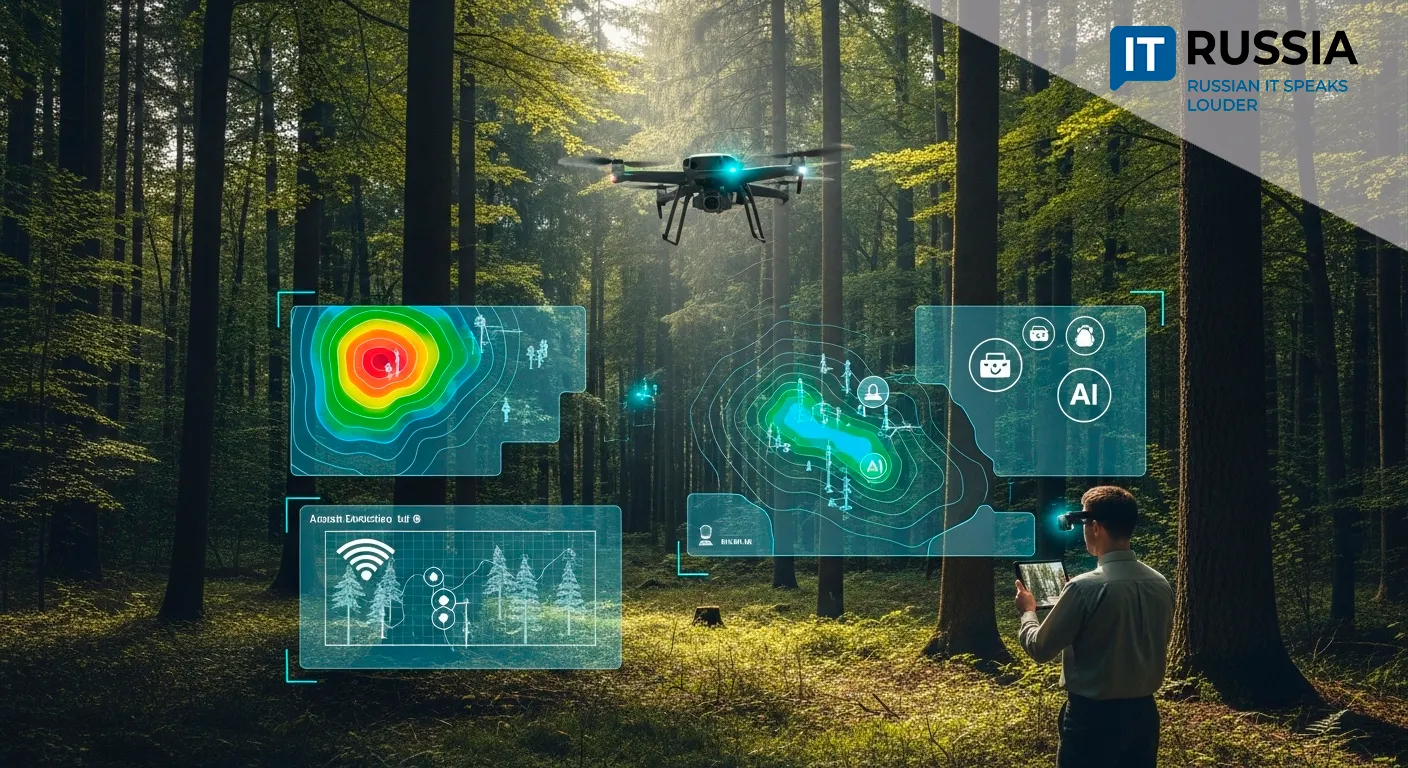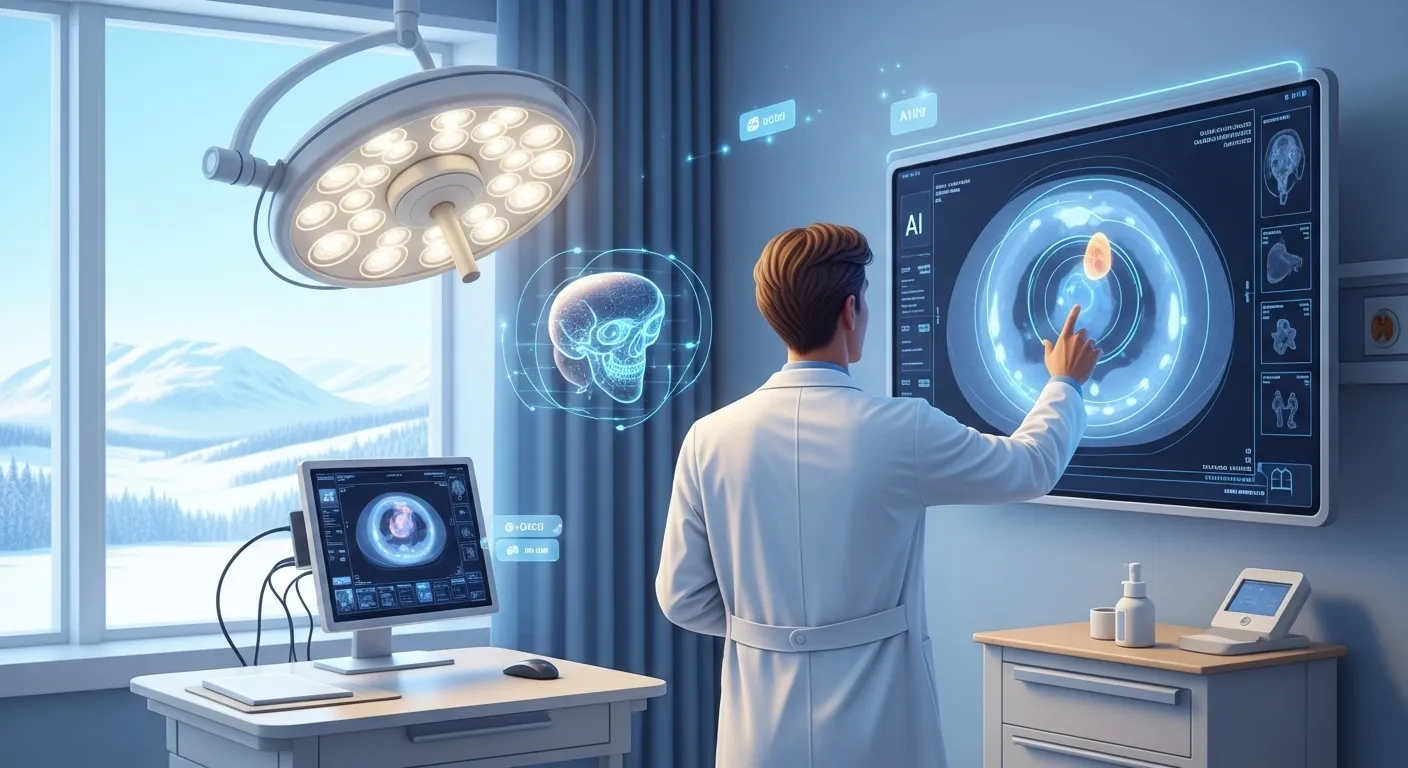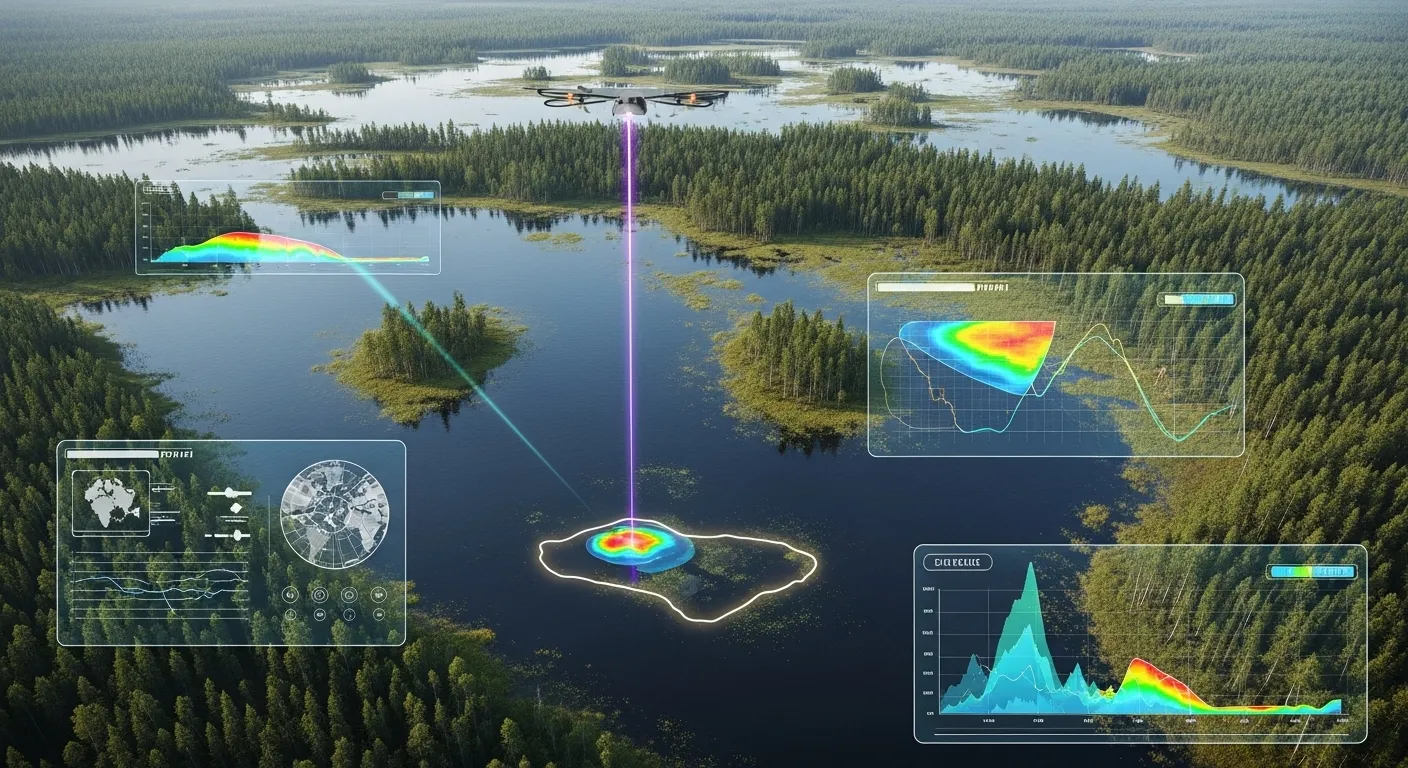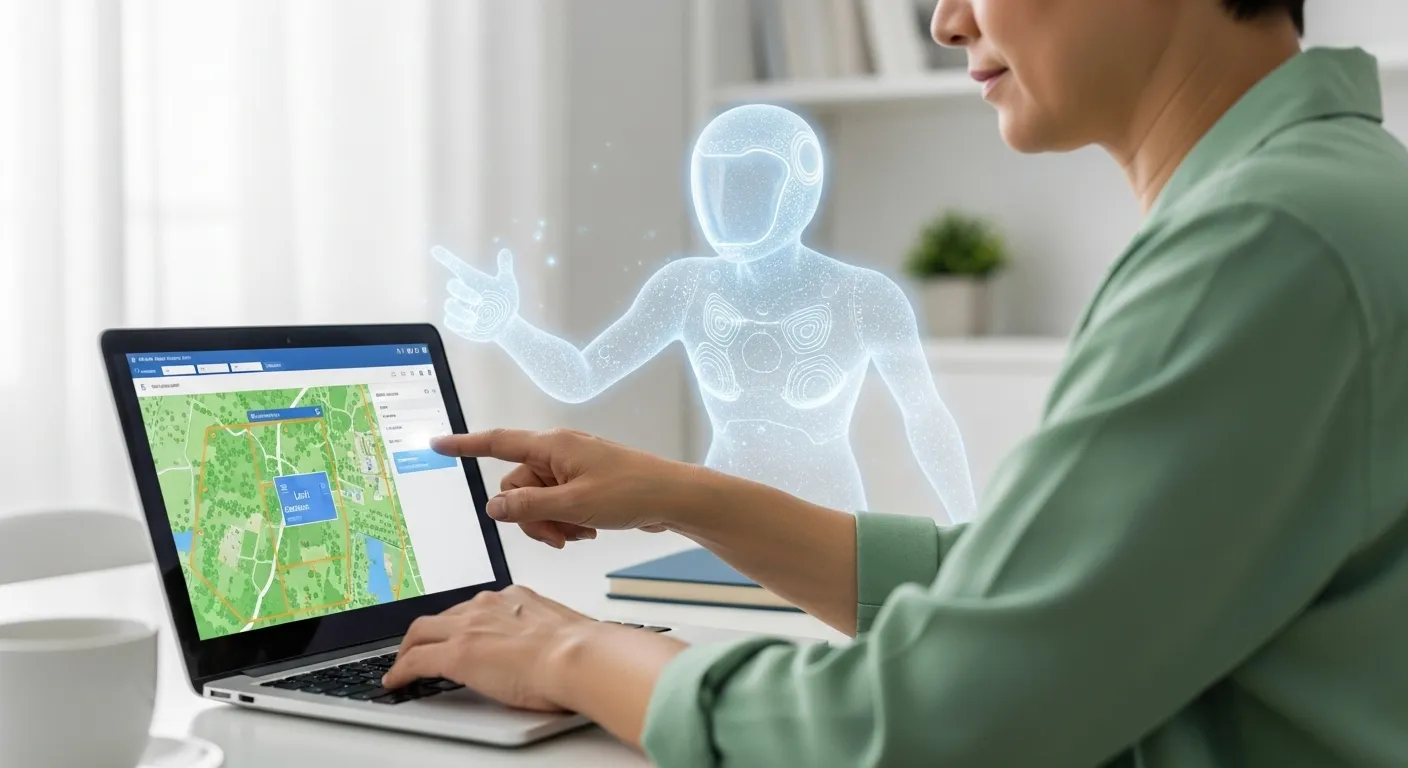Virtual Relief: How Russian Clinicians Are Using VR to Treat Depression
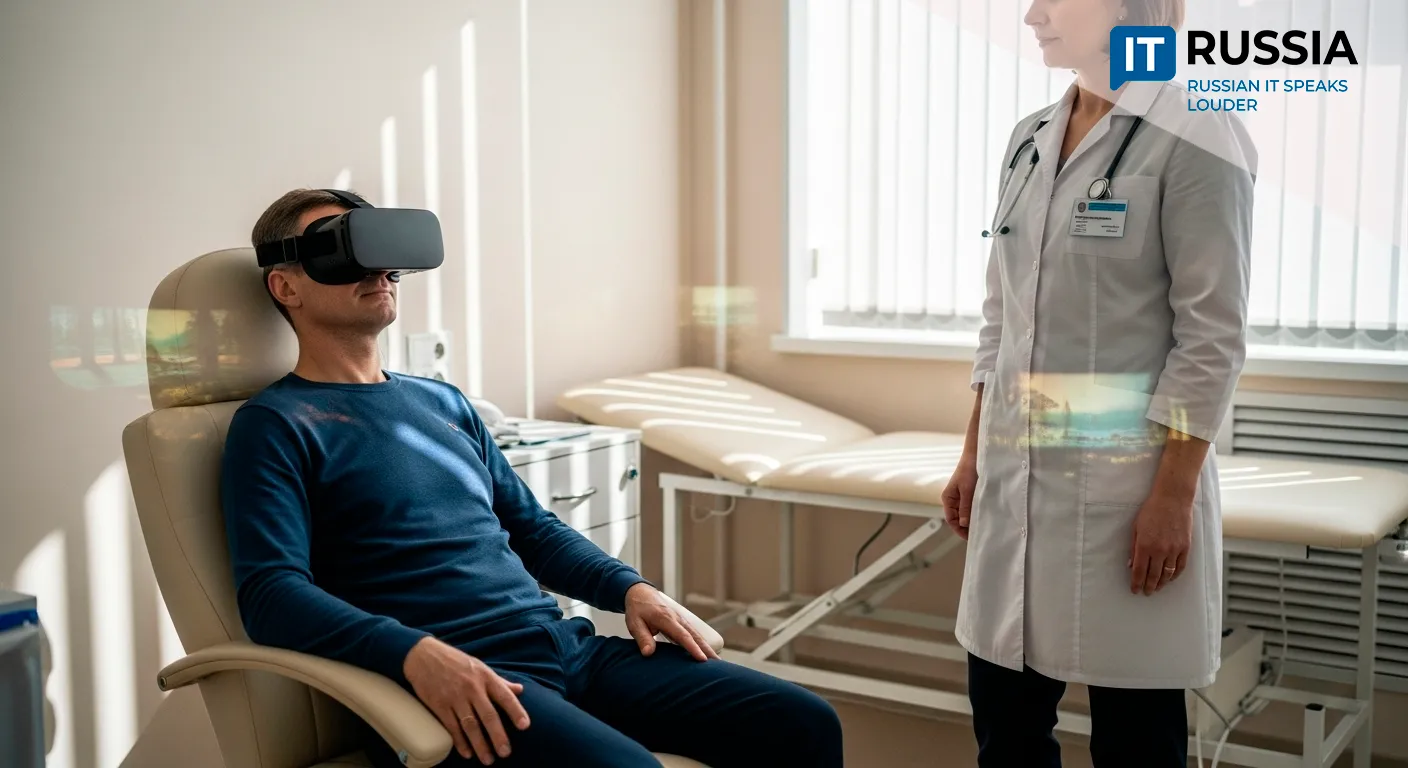
Sechenov University in Moscow is pioneering the use of virtual reality for mental health therapy, offering an immersive and drug-free solution for anxiety, depression, and psychosomatic disorders.
Immersion Meets Innovation
Clinicians at Sechenov University’s
Psychosomatic Medicine Clinic have developed a proprietary VR app that immerses
patients in calming environments—forests, cozy rooms, or oceanside
landscapes—where a virtual guide walks them through breathing, relaxation, and
visualization techniques.
These sessions are more than meditative distractions. They serve as fully
immersive therapeutic experiences that minimize external noise and enhance
self-awareness. The VR tool is already in clinical use, helping patients break
the vicious cycle in which psychological stress exacerbates physical symptoms,
and vice versa.
Unlike traditional methods, this technology makes abstract exercises tangible
and accessible. It improves patient engagement and has demonstrated early
success in reducing symptoms of anxiety and depression.
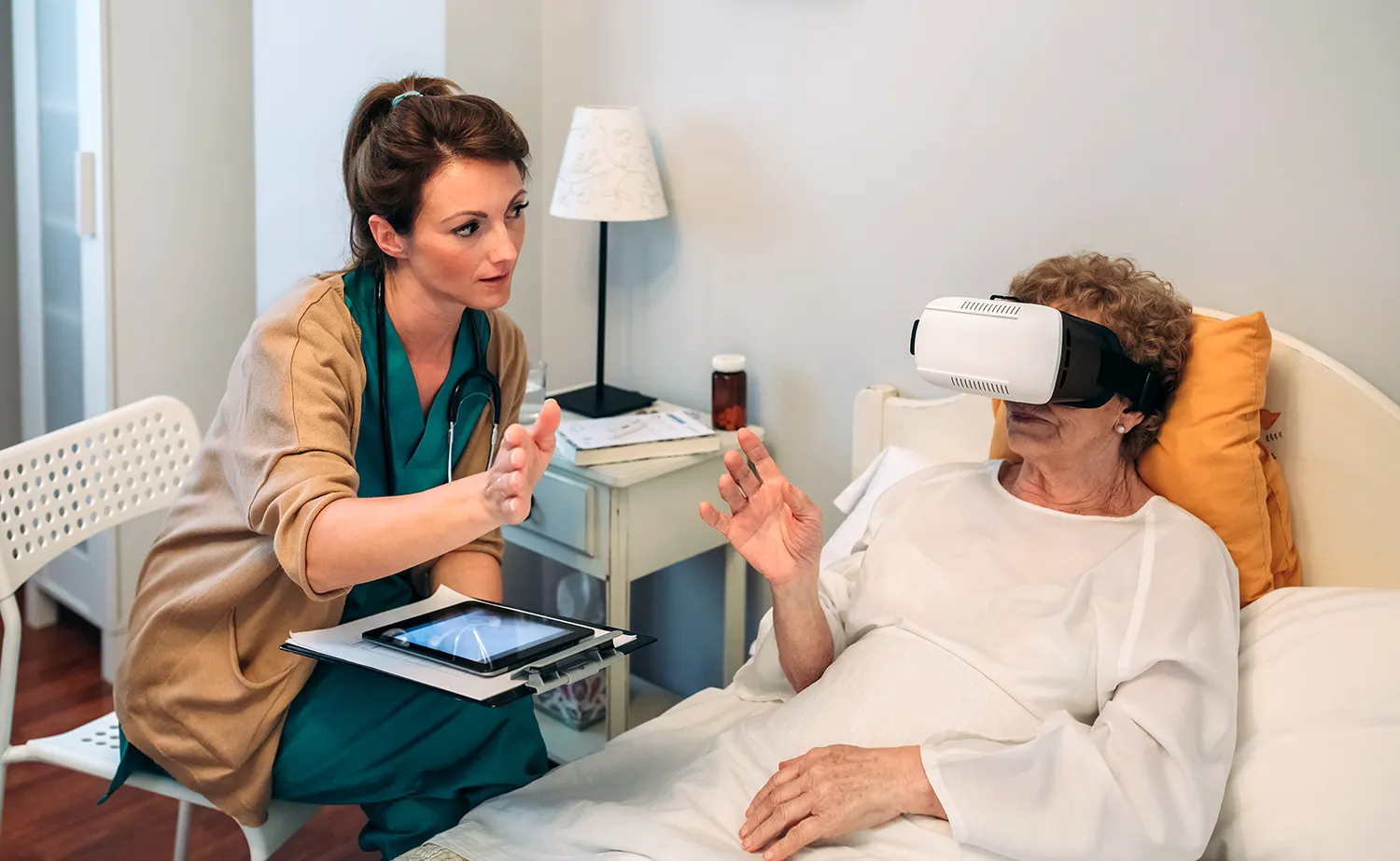
Domestic Tech for Global Health
The VR platform is a homegrown Russian
innovation, developed entirely without foreign software. In a geopolitical
landscape shaped by sanctions, the project not only preserves domestic
healthcare capabilities but sets new digital standards.
The application currently features universal relaxation exercises, but future
updates will include mindfulness modules, enabling users to manage chronic
stress more effectively. These tools will be tailored for various age groups,
from teens to seniors.
Sechenov University is already in talks with other healthcare institutions and
exploring integration into Russia’s national telemedicine programs. The goal is
to make VR therapy a routine part of mental healthcare delivery.
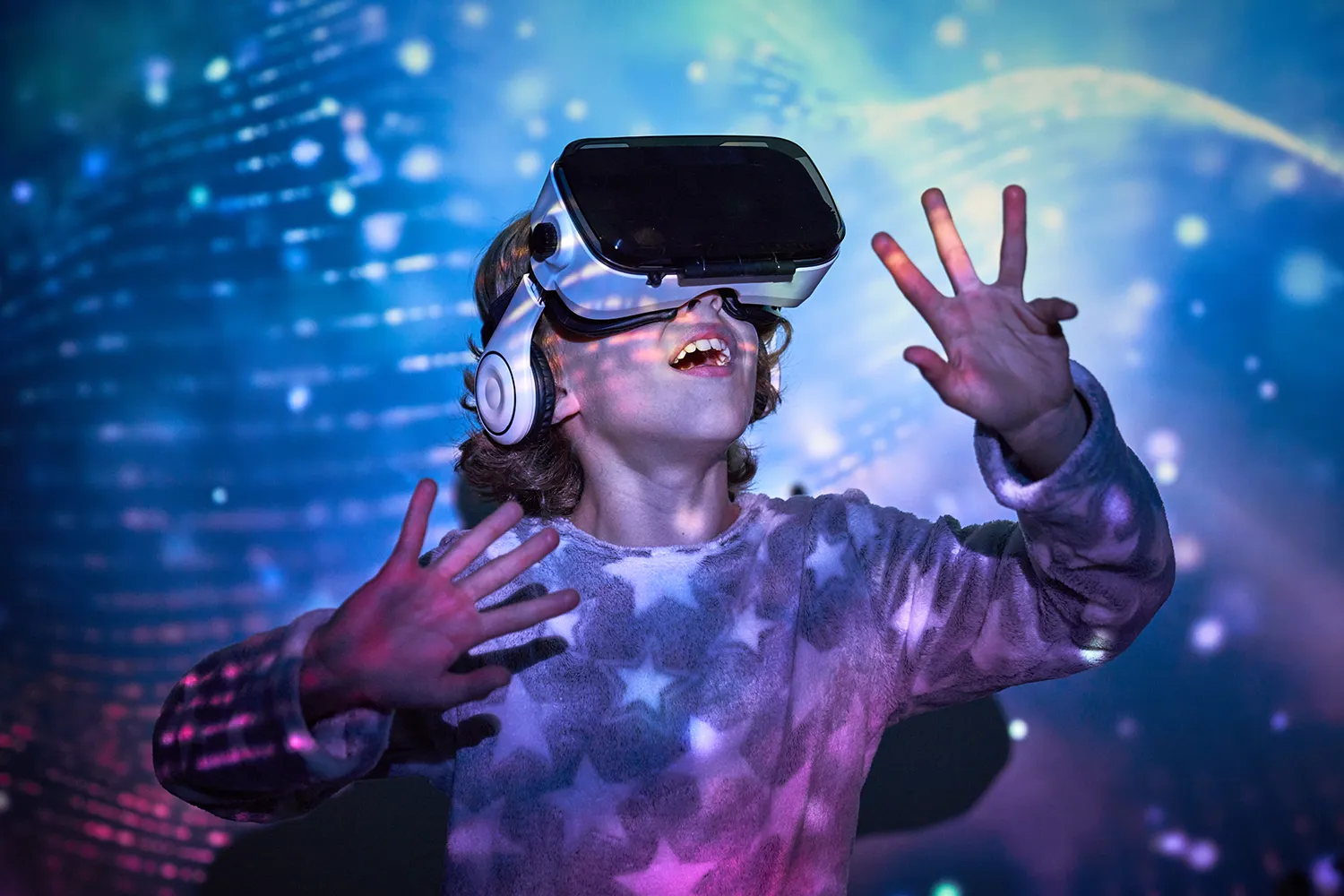
A New Chapter for Mental Health Access
For Russian citizens, this development
means expanded access to effective, low-impact mental health support. Patients
with anxiety, depression, or PTSD can receive care without hospitalization or
heavy medication.
The system also eases the burden on psychiatrists and therapists in a
healthcare system facing high demand. As a result, more people can be treated
faster and more affordably.
The global medical community is beginning to take notice. With its safe,
scalable, and proven model, this VR platform is a candidate for international
adoption—particularly in regions like Asia and the Global South, where demand
for mental health services outpaces available personnel.
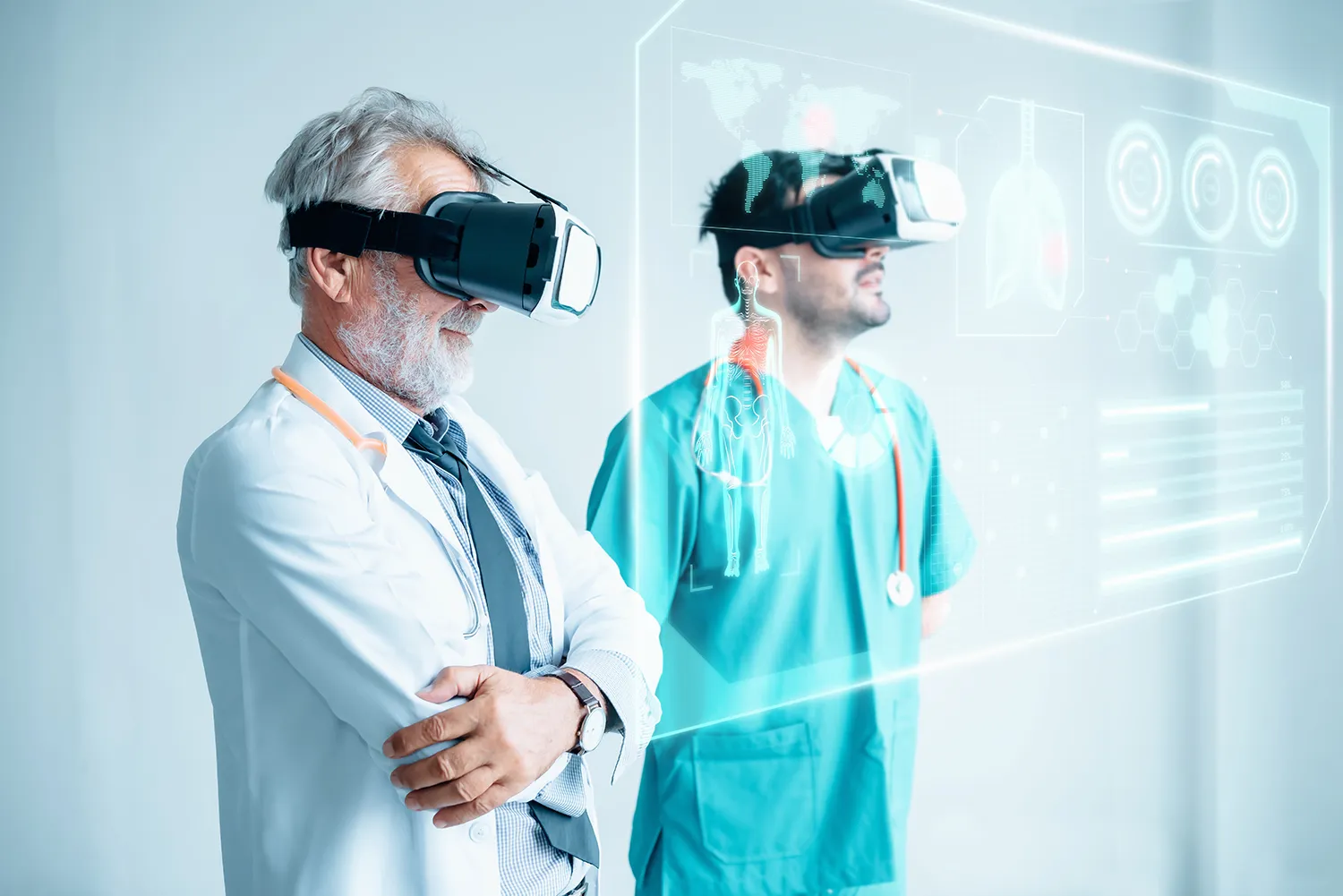
From Pilot to Platform
Russia has steadily built momentum in
medical VR over the past five years. In 2021, it launched VR-based stroke
rehabilitation. In 2022, the Sklifosovsky Institute introduced VR for pre-op
anxiety reduction. In 2024, new systems targeted elder care and autism therapy.
What’s next? By 2026, the Sechenov platform is expected to clear certification
from the Ministry of Health and enter widespread clinical use. In parallel, a
full-fledged VR healthcare market is emerging, backed by insurance systems and
national health strategies.
Longer-term, the platform will expand beyond therapy. Educational and
preventive programs are on the roadmap, and an AI module is in development to
personalize treatment scenarios using patient data.
In a world navigating digital turbulence, this case shows Russia not only
keeping pace but taking the lead in healthcare tech. VR mental health therapy
at Sechenov University represents a new kind of progress—where science,
empathy, and innovation combine to improve lives.


